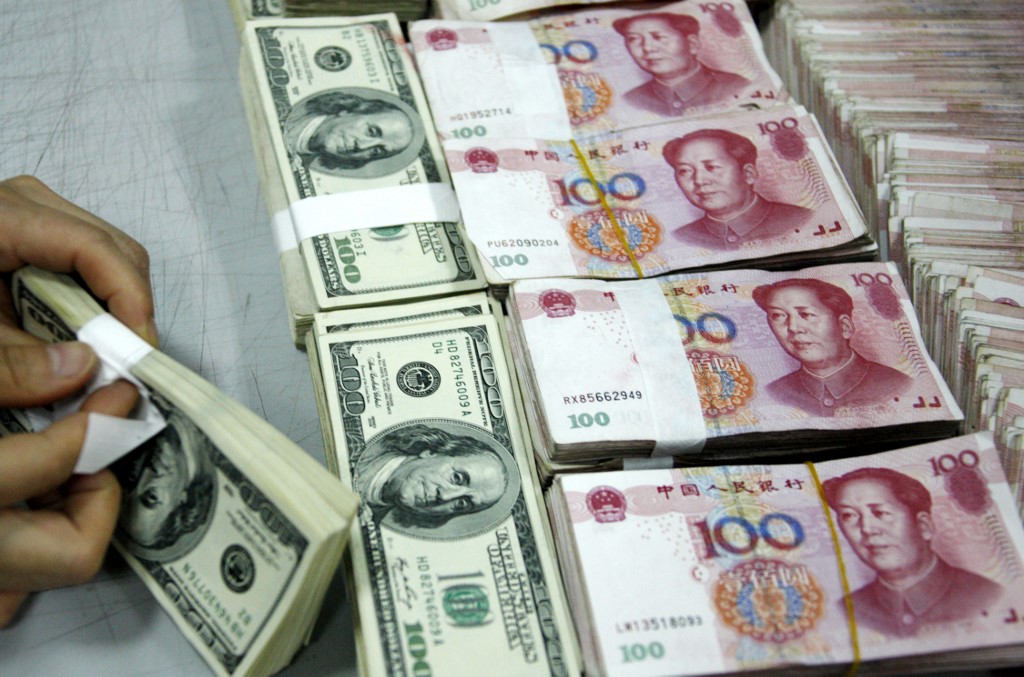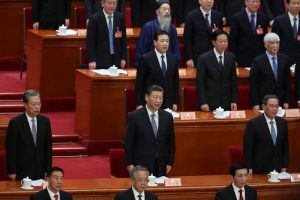While the bond is relatively small compared with the $1 trillion held in onshore dollar deposits, analysts say the sale is aimed at impacting market expectations for the yuan which has surged to three-year highs
(AF) Beijing’s China Development Bank (CDB) is to issue its first dollar-denominated onshore bond in nearly six years.
The leading policy bank, which under the direct jurisdiction of the State Council, made the announcement on Wednesday in what is seen as an admission that Chinese banks are struggling with a surplus of dollars on deposit.
CDB is seeking to raise no more than $2 billion through the one-year bond issue on June 3, it said in a statement posted on the website of China Central Depository & Clearing Co.
The bank’s first onshore dollar bond since September 2015 will be issued with a 0.38% coupon, the statement said.
Bo Zhuang, chief China Economist at TS Lombard, said the issuance would help to set a benchmark price for onshore dollar bonds and help to stabilise Chinese dollar bond pricing after worries over the repayment ability of bad debt giant China Huarong Asset Management rocked some Chinese dollar bond issuers in April.
CDB’s issuance also comes as China’s banks struggle with a glut of dollars that traders say poses a risk to authorities’ efforts to control the rapidly rising yuan.
“[The issuance] is to prevent carry trade and speculation on the appreciation of the yuan,” said a Hong Kong-based portfolio manager. “Once onshore USD is hard to borrow, people cannot short USD or borrow USD to do carry trading.”
DOLLAR LOANS
In a prospectus posted along with the statement, CDB said proceeds from the issuance would be used for dollar denominated loans and external payments.
While $2 billion is relatively small compared with $1 trillion in onshore dollar deposits, traders and analysts say it could have a psychological effect on market expectations for the yuan, which has rallied to three-year highs.
“If all the media coverage starts to say China is trying mop up the dollar liquidity onshore, then that would definitely help with easing the pressure of RMB appreciation,” said Zhuang. “It’s more about signalling.”
- Reporting by Reuters
Read more:
Why sovereign investors have power to influence govt climate action
























